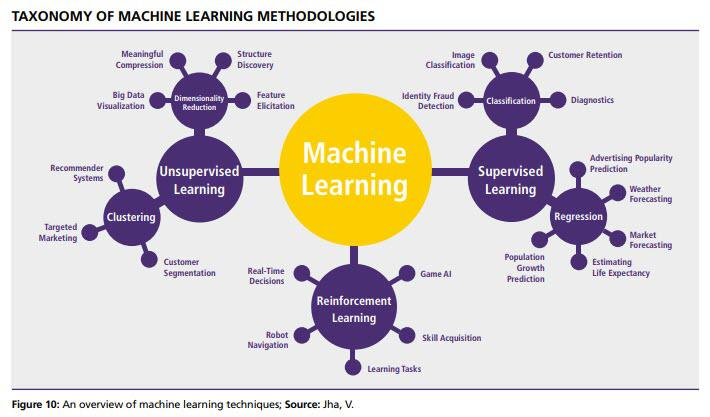Leveraging Machine Learning to Improve Supply Chain Sustainability
The world is facing a number of pressing sustainability challenges, and the consumer sector is no exception. With 1.8 billion people expected to join the global consuming class by 2025, and China on track to gain 100 million working-age consumers by 2030, the consumer sector is projected to grow at a rate of 5 percent a year for the next two decades. This growth presents both opportunities and risks for investors, as factors that alter growth projections can have a major effect on total returns to shareholders.
One such factor is poor sustainability performance, as measured in environmental and social impact. To make and sell goods, consumer businesses need affordable, reliable supplies of energy and natural resources, as well as permission from consumers, investors, and regulators to do business. To meet the Paris Agreement‘s target of reducing global greenhouse-gas emissions enough to prevent the planet from warming by more than two degrees Celsius, consumer companies must lower their carbon intensity by more than 90 percent between 2015 and 2050.
The biggest opportunities for breakthroughs in sustainability performance may lie in the supply chain. A high-functioning supply chain—the entire hierarchy of organizations, including energy providers, involved in making and distributing goods—can allow a consumer company to manage two types of sustainability-related risks. However, relatively few companies are working with their suppliers to manage these risks.
This is where machine learning approaches can help. Machine learning algorithms can be used to analyze large amounts of data and identify patterns and trends that can help companies better understand their supply chains and identify areas for improvement. For example, machine learning algorithms can be used to analyze data on suppliers, such as their environmental and social performance, to identify potential risks and opportunities. Machine learning can also be used to identify opportunities for efficiency improvements, such as reducing waste or optimizing production processes.
In addition, machine learning can be used to develop predictive models that can help companies anticipate and plan for potential risks and disruptions in their supply chains. For example, machine learning algorithms can be used to analyze data on weather patterns, crop yields, and other factors to predict potential supply chain disruptions due to natural disasters or other events.
By leveraging machine learning approaches, consumer companies can gain a better understanding of their supply chains and identify areas for improvement. This can help them reduce their environmental and social impact, while also improving their efficiency and mitigating potential risks and disruptions. In turn, this can help them capitalize on rising demand for their products without taxing the environment or human welfare, and ensure long-term growth and returns to shareholders.


我有聽說過機器學習可以改善供應鏈的可持續性。這篇文章很有趣,讓我了解到更多的細節。
This article is really interesting. It’s great to see companies using machine learning to improve their sustainability. Could you recommend any companies that are leading the charge in this area?
I completely agree with the article’s point that machine learning can help companies better understand their supply chains and reduce their environmental and social impact. It’s an important step for companies to take to ensure long-term growth and sustainability. Do you have any other tips for companies looking to improve their sustainability?